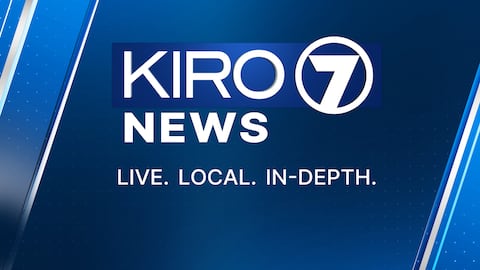The Trump administration will cut at least $26 million in funding from a key Affordable Care Act outreach program that helps people sign up for health insurance, federal health officials said Tuesday.
The federal agency that oversees the "navigator" program said that up to $10 million will be available for outreach organizations in 34 states that use the federal marketplace. Each state will receive a minimum of $100,000 for eligible groups that help people sign up for health insurance.
In announcing a more than 70 percent funding cut from a year ago, the Centers for Medicare and Medicaid Services said in a notice that the marketplace navigator groups should be able to "stretch their funding further" with less demand for in-person assistance because the marketplace is more familiar to most Americans.
Last year, the Trump administration cut more than 40 percent from the navigator program, which funds non-profits and grassroots groups that help people sign up for health insurance.
Navigator groups that have helped people sign up for health insurance since Obamacare coverage began in 2014 said the funding cuts will be difficult to absorb.
"I am almost speechless, to be honest with you," said Jodi Ray, director of Florida Covering Kids & Families, a navigator group at the University of South Florida.
Ray's group received $4.9 million last year to fund more than 130 navigators across Florida to reach the state's vulnerable residents. The Florida group will need to make difficult choices about who they serve during open enrollment period that begins in November.
"Do we look at what's easiest to get most numbers (of signups), or do we concentrate on those who are the most time-consuming to assist?" Ray said. "We’re talking about putting one population against another."
In announcing the funding cuts, CMS said in a news release that navigators "failed to enroll a meaningful amount of people" on the federal marketplace and "not nearly enough to justify the millions of federal dollars spent on the program."
Navigator groups located in federal exchange states have grown anxious in recent weeks because their federal funding ends in September and they did not know how much money will be available beyond then.
In past years, CMS announced funding opportunities in April and required navigator groups to apply for grants by mid-June. That gave the federal agency's staff enough time to review applications and award grants before open enrollment begins.
Since efforts in Congress to repeal Obama's signature health care law failed, the Trump administration to pursue administrative changes to chip away at the 2010 law.
A Labor Department rule unveiled last month allows small businesses and self-employed individuals to band together and buy potentially less-expensive "association" plans that don't carry all the benefits required by the health law. The Trump administration also is seeking to expand the use of short-term health insurance plans that are often less expensive but don't have the same consumer protections as exchange plans.
Earlier this week, the administration said it would half funding to a "risk adustment" program that reimburse health insurers that covered individual with more expensive medical conditions.
In June, the Justice Department said it will no longer defend the health law in a federal court case filed by 20 states, potentially jeopardizing a provision that protects consumers from being denied coverage based on existing medical conditions.
KIRO
:quality(70)/arc-anglerfish-arc2-prod-cmg.s3.amazonaws.com/public/P3LSMW2IQMGANXSRXI3S44EOHM.jpg)

:quality(70)/d1hfln2sfez66z.cloudfront.net/03-07-2024/t_a04eea43993e4d4a91177d329640b460_name_Tran_6p_Everett_Woman_homicide_LL_pkg_frame_22938.jpeg)

:quality(70)/cloudfront-us-east-1.images.arcpublishing.com/cmg/DV3D5PBQIZFEPANBGDDAZHIA5I.jpg)
:quality(70)/cloudfront-us-east-1.images.arcpublishing.com/cmg/SJPHEIUFCFBN5CV66FIPLEJCZY.jpg)
:quality(70)/cloudfront-us-east-1.images.arcpublishing.com/cmg/BK3QCCLJEBDA3IHM6JEBCDIIZU.jpg)